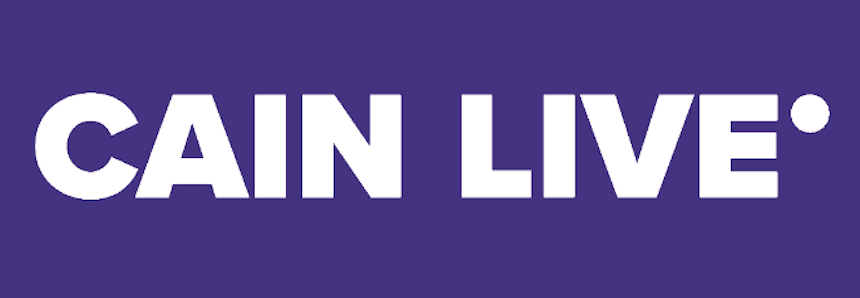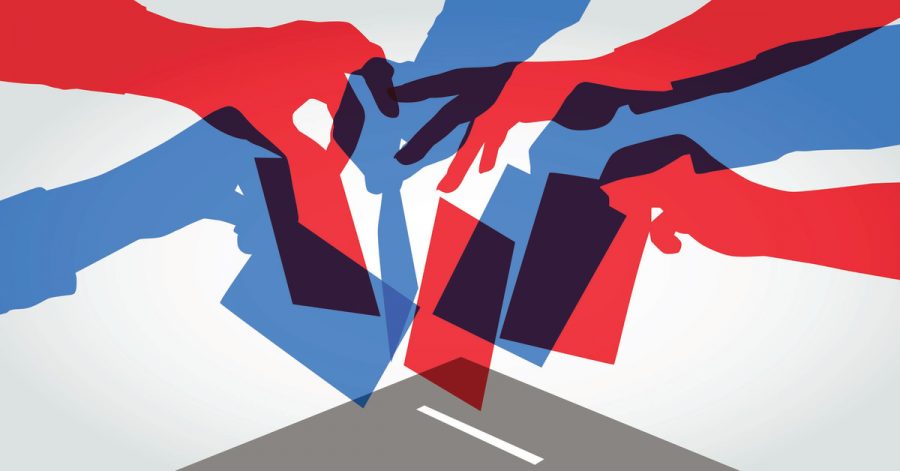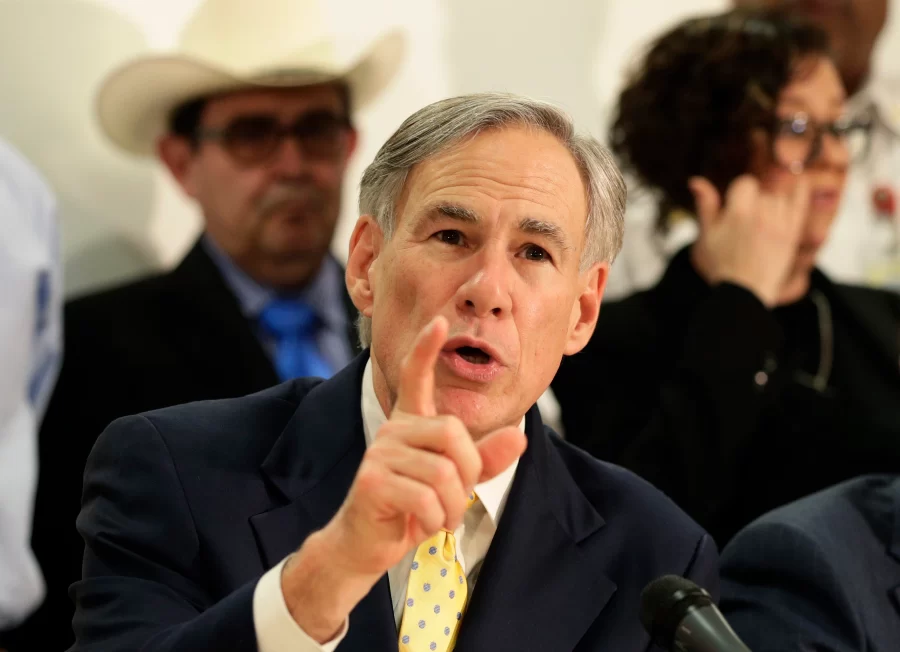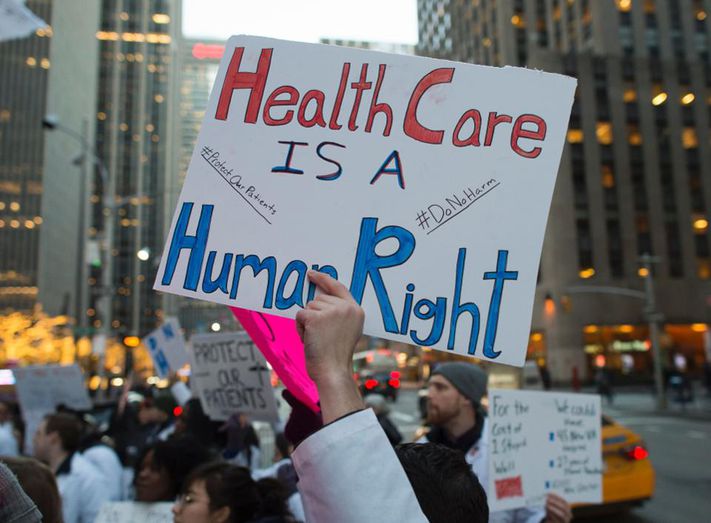Today is Super Tuesday.
As we all know, selecting a candidate to vote for has become increasingly more difficult. America’s current political climate is polarizing, and a rise in distrust of the media has left many wary of politics as a whole. Newer voters face an extra barrier regarding this issue: that being widespread confusion of where on the political spectrum they fall. With a recent rise in fear of “Fake News,” it has become more difficult for voters to obtain information regarding political parties. Some online quizzes, such as the Political Compass Quiz, offers users the general area in which they fall on the political scale. However, it is vital that every voter accurately informs themselves of political parties and decide which group speaks to the issues they are most concerned about.
Each political party has two major components: economic and social beliefs. Economic beliefs are how the party plans to keep a healthy economy. For example, Republicans determined that free markets are necessary for a lively marketplace. They oppose high-taxation, specifically income and estate tax — social beliefs regard how the party views the importance of social equality. For instance, Democrats are typically pro-choice and support federal anti-discrimination protections for minorities. Views on economic and social beliefs are referred to as Right or Left. Right-leaning opinions conclude that the government should have minimal interference of economic and/or social issues; this falls into the conservative category. Left-leaning notions support government intervention of the economy and social issues, referred to as Liberalism. These elements are deciding factors for voters when selecting a candidate.
Major Parties
Democrats – Economic Left, Social Left
The Democratic Party is one of the two primary parties. Democrats primarily focus on social equality and workers’ rights. They believe that freedom of religion, women’s healthcare rights, and federal protections for the LGBT+ community make our society equal, fair, and balanced. Additionally, a significant point of concern for democrats is climate change. They strive to combat this rising issue by ensuring the proper legislation is in place to protect clean air, water, and land.
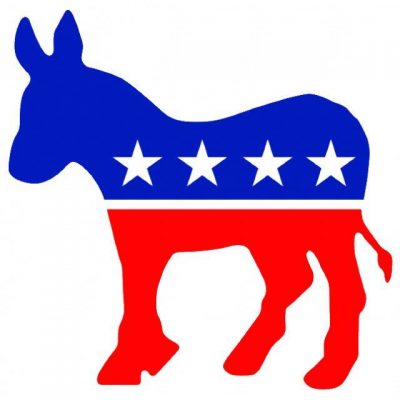
Economically, democrats believe the best way to expand the employment rate is to invest in clean energy technology and small businesses. Creating consumer protections by cutting taxes on the middle and lower class and small businesses, ensuring equal pay, and paid maternity leave are additional priorities. In recent times, debt-free college has gained national attention. The democratic party has further pushed education-cost reforms by expanding federal student aid and passing laws that regulate private student loans.
Republicans – Economic Right, Social Right
The Republican party is the second of the two primary parties. They value security, family, and protection. One of the significant core beliefs of the Republican Party is small government, in which the government should not intervene in issues unless necessary. Republicans believe the core of the nation lies in an individual’s freedom, responsibility, and dignity. Therefore the government should keep these factors in mind before taking legislative action. National security is an additional major priority for republicans, as Republicans believe this ensures protections of freedoms and fights terrorism. The party typically supports proposals that ensure safety on all fronts, including defense, counter-terrorism, and providing law enforcement the tools to stop drug trafficking and organized crime.
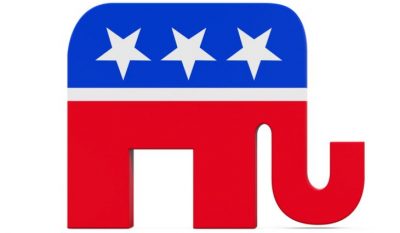
An essence of Republican economic values is free enterprise, as it is believed this will bring economic prosperity. Typically, this involves the government practicing fiscal policy, which regards how government spending and national debt is handled. Politically, some values of the republican party fall into the fiscal conservative category- which is typically minimalist. Fiscal conservative polices are low taxes, minimum government spending, and minimal government debt.
Minor Parties
The Constitution Party- Economic Right, Social right
The Constitution party primarily focuses on the 10th amendment- which states that all decisions that the federal government does not have the power to interfere with must be passed down to the states without any governmental regulation. This basis is recognized when considering current issues, such as education reform, health care, and social security. Since the party ruled that the states should set their standards on social issues, they believe that regulatory institutes- such as the department of education- should be abolished to extend the right of parents to choose home, private, or religious schooling. Additionally, the constitution party supports private insurance as they believe it to cater to patient-oriented treatment. The party also rejects all forms of government-funded healthcare under the notion that the government will be forced to meet the demands of one group of patients while neglecting the needs of other patients. Furthermore, The party opposes the social security tax in support of individuals placing retirement funds in private accounts, such as 401ks or IRAs.
The constitution party believes that the federal government’s primary responsibility is to provide defense for the nation. However, they oppose legislation and executive action that warrants unconstitutional seizes, electronic monitoring, and unreasonable searches. When regarding trade, The party rejects any agreement set forth by the Office of Special Trade Representative, such as the North American Free Trade Agreement (NAFTA) and the World Trade agreement.
Libertarian Party- Economic Right, Social Left
Despite what the name might suggest, Libertarians are neither considered left or right-wing. While the party’s economic beliefs primarily fall into the conservative category, and social views are mostly left-wing, Libertarian philosophy is constructed on the basis of personal and financial freedom. This includes abolishing taxation, allowing businesses to conduct in a laissez-faire matter, and replacing welfare with charitable donations. Moreover, Libertarians prioritize civil liberties such as freedom of religion, speech, and press, as well as the reversion of military and law enforcement. Privacy protections for citizens are also prioritized- primarily concerning unconstitutional seizures and searches, internet usage, and forfeiture laws. Libertarians believe in complete economic freedom. This entails no restrictions on private property ( Such as no cap on rent and interest, no minimum wage, etc).
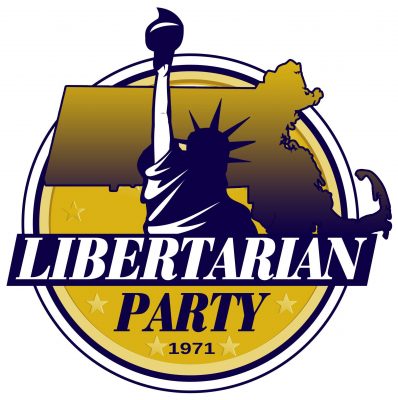
The party considers the government’s only role as housekeeping. This includes protecting property rights, removal of “unproductive” regulations, and disbanding taxes. This creates what Libertarians define as complete free-market, a crucial element in the prospect of a free society. Despite being the third most popular party, a libertarian government has yet to exist. As a result, specific examples of these offices are unavailable. However, Libertarian philosophy, such as low taxes and limited government intervention, are present in many American presidential offices.
Green Party – Economic Left, Social Left
The Green Party concentrates on environmental and social justice. They base their philosophy on four pillars: Large militaries are unethical, as humans are mainly responsible for climate change we are responsible to create the solution, livable wages are crucial for a healthy economy and society, and all political campaigns should be funded by the public. The Green Party fights for federal protections of minorities, gender equality, and diversity. To support these issues, the party believes in increasing federal aid to single-parent households, improving women’s health programs, which includes research, preventive, and medical services.

Economically, The Green party believes that all taxation must be progressive. This includes closing loopholes and subsidies for the wealthy and taxing corporations. This feeds into the party’s belief of ending corporate welfare, in which the government would no longer bailout significant corporations, such as those on Wallstreet, during economic depressions. Moreover, The green party believes in reforms to social security. This includes repealing social security tax and ceasing the privatization for social security.
Democratic Socialist Party – Economic Left, Social Left
Democratic socialist focus on balancing an increasing amount of federal aid programs with keeping a healthy economy. These federal programs include furthering Medicare to all Americans despite retirement status (known as Medicare for all), free college tuition, higher minimum wage, etc. It is believed that these programs would greatly benefit those in the lower and middle class, specifically Medicare. As the American health care industry has increased prices on premiums and life-saving medications, Medicare for all would significantly decrease the amount Americans spend on healthcare needs.

Among those in opposition parties, a significant concern is the tax increase these programs would require. For instance, according to New York 14th district congresswoman, Alexandria Ocasio-Cortez, a 70% tax rate for those within the top marginal income ($510,300 for singles, $612, 350 for married couples) would finance the Green New Deal and significantly cut Americas Carbon dioxide emissions. While the middle class would also see a rise in taxes, it would not exceed 32%. While this not an active policy proposal, it does provide a general idea of the pros and cons of this party’s plans.

